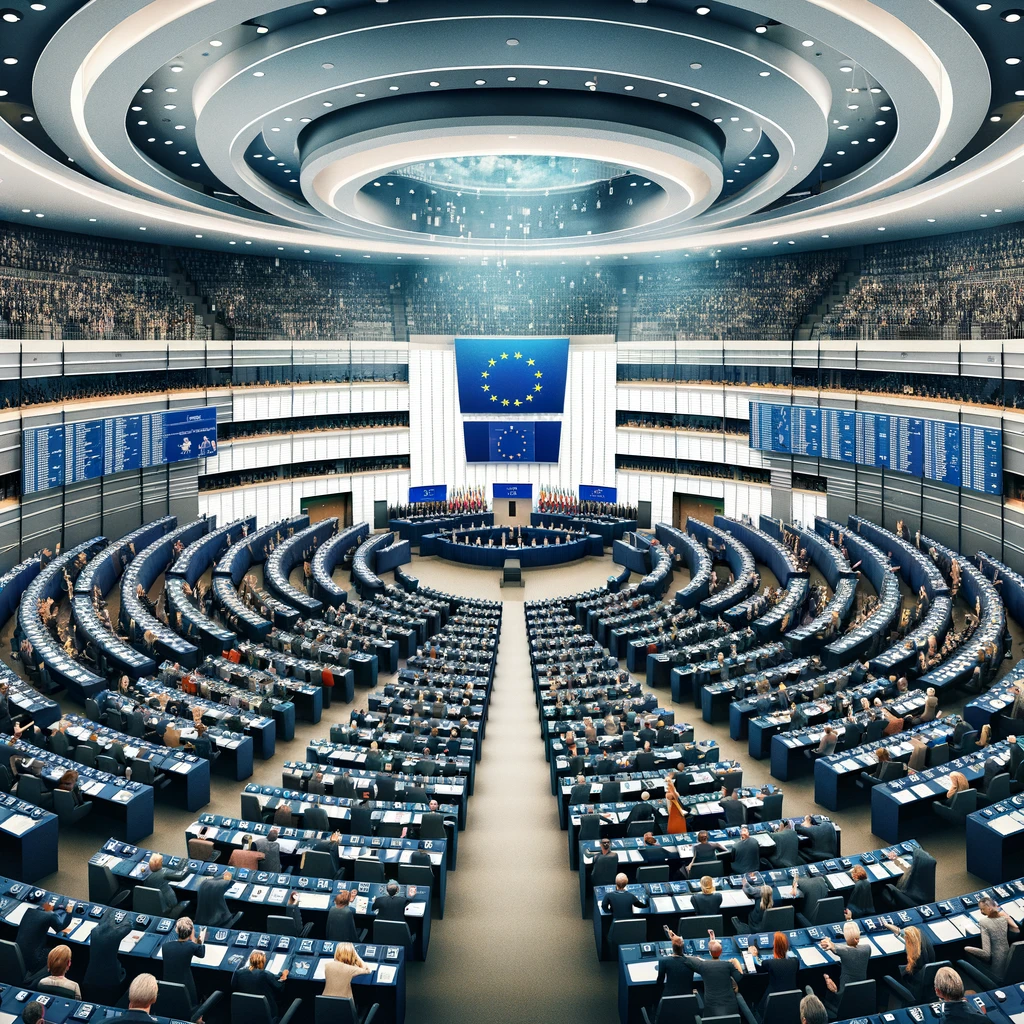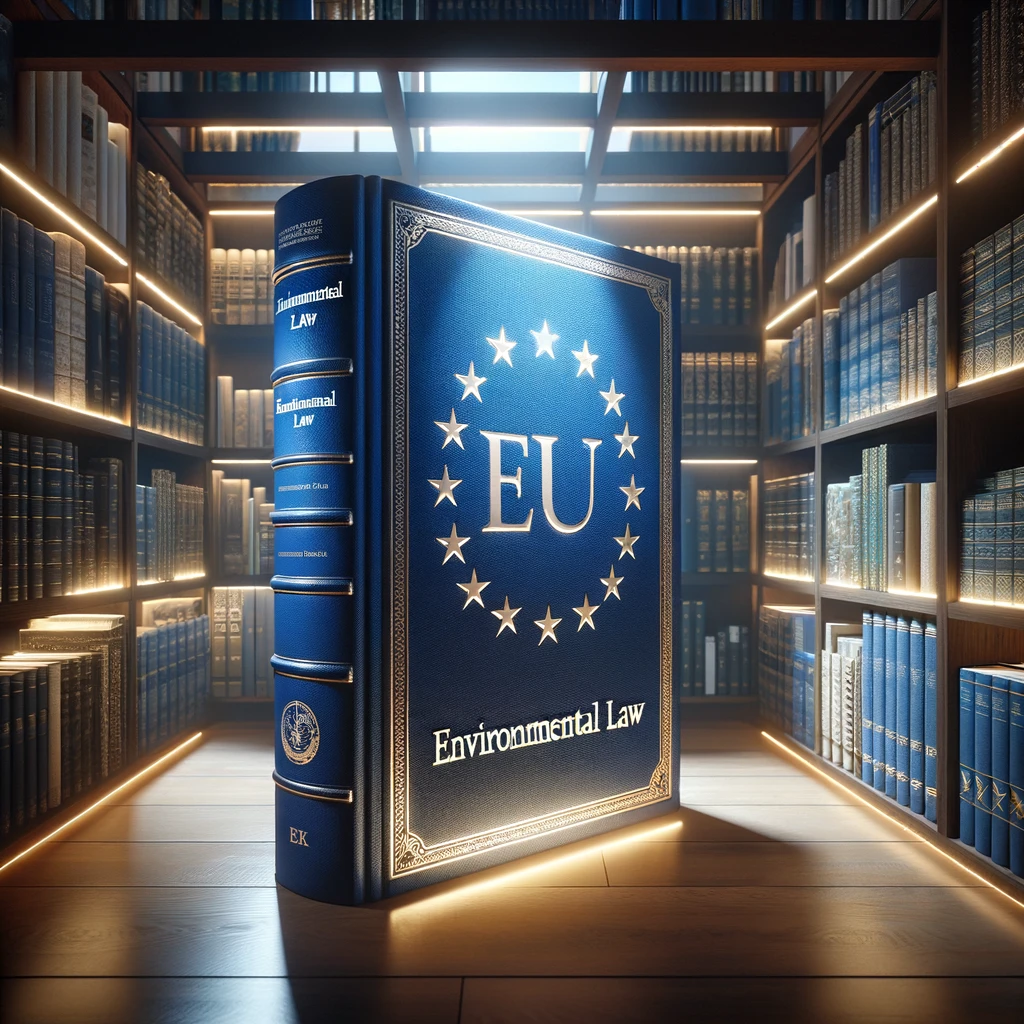Green light for new environmental law in EU
Europe stands at the forefront of a critical battle against environmental crimes, introducing stringent new laws and penalties aimed at safeguarding its ecosystems. As the continent faces the daunting challenge of harmonizing national regulations to close loopholes exploited by criminals, recent legislative updates mark a pivotal moment in EU environmental policy. Uncover the strategies Europe is employing to combat crimes that threaten our planet’s future and the collective actions leading to a sustainable, just society.
Environmental crimes pose a significant threat to ecosystems, human health, and biodiversity across Europe. In recent years, the European Union has intensified its efforts to combat these crimes, recognizing them as one of the main sources of income for organized crime, alongside drugs, arms, and human trafficking. With new legislative updates and stringent sanctions, Europe is on the forefront of battling environmental offenses, aiming to safeguard its natural heritage and ensure a sustainable future for all its citizens.

The evolving landscape of environmental legislation in Europe
In 2023, Europe witnessed pivotal changes in its approach to environmental crimes. The European Parliament and Council reached a provisional agreement to update EU environmental crimes and sanctions rules, a move designed to bolster ecosystem protection. This update included the introduction of new crimes, such as pollution by ships, mercury use, and the illegal depletion of water resources, with sanctions for offenses causing death being as severe as 10 years in prison. Firms found in violation risk fines of up to 3 or 5% of their annual worldwide turnover or fixed amounts between 24 and 40 million euros .
Moreover, the EU agreed on tougher penalties for a broad spectrum of environmental crimes, including the importing of invasive species and ship pollution. The agreement expanded the list of offenses classified as criminal under EU law from nine to 18, reflecting a broader commitment to combating environmental harm. This landmark decision underscores the EU’s determination to fight environmental crimes with harmonized, dissuasive, and effective sanctions .
Challenges in enforcing environmental laws
Despite these advancements, enforcing environmental laws across the EU remains a challenge due to varying national definitions and regulations. Differences in what is classified as “waste,” for example, lead to discrepancies in how waste trafficking is criminally defined, generating significant loopholes that criminals exploit.
Environmental crimes, including wildlife trafficking and the illegal timber trade, are lucrative, with waste trafficking alone generating between €4 billion and €15 billion annually. The need for harmonized sanctions and improved cooperation among EU member states is critical for more effective enforcement of environmental laws.

A unified stand against environmental crimes
Last Tuesday, 27.02.2024, marked a significant milestone in the EU’s fight against environmental crimes. In a vote in the European Parliament, EU lawmakers overwhelmingly backed the update of Directive 2008/99/EC with 499 votes in favor, 100 against, and 23 abstentions.
This update, which covers crimes ‘comparable to ecocide,’ reflects a zero-tolerance stance towards environmental offenses. Member states are now given two years to incorporate the updated directive into national law, signaling a new era of ecological justice and protection across Europe.







